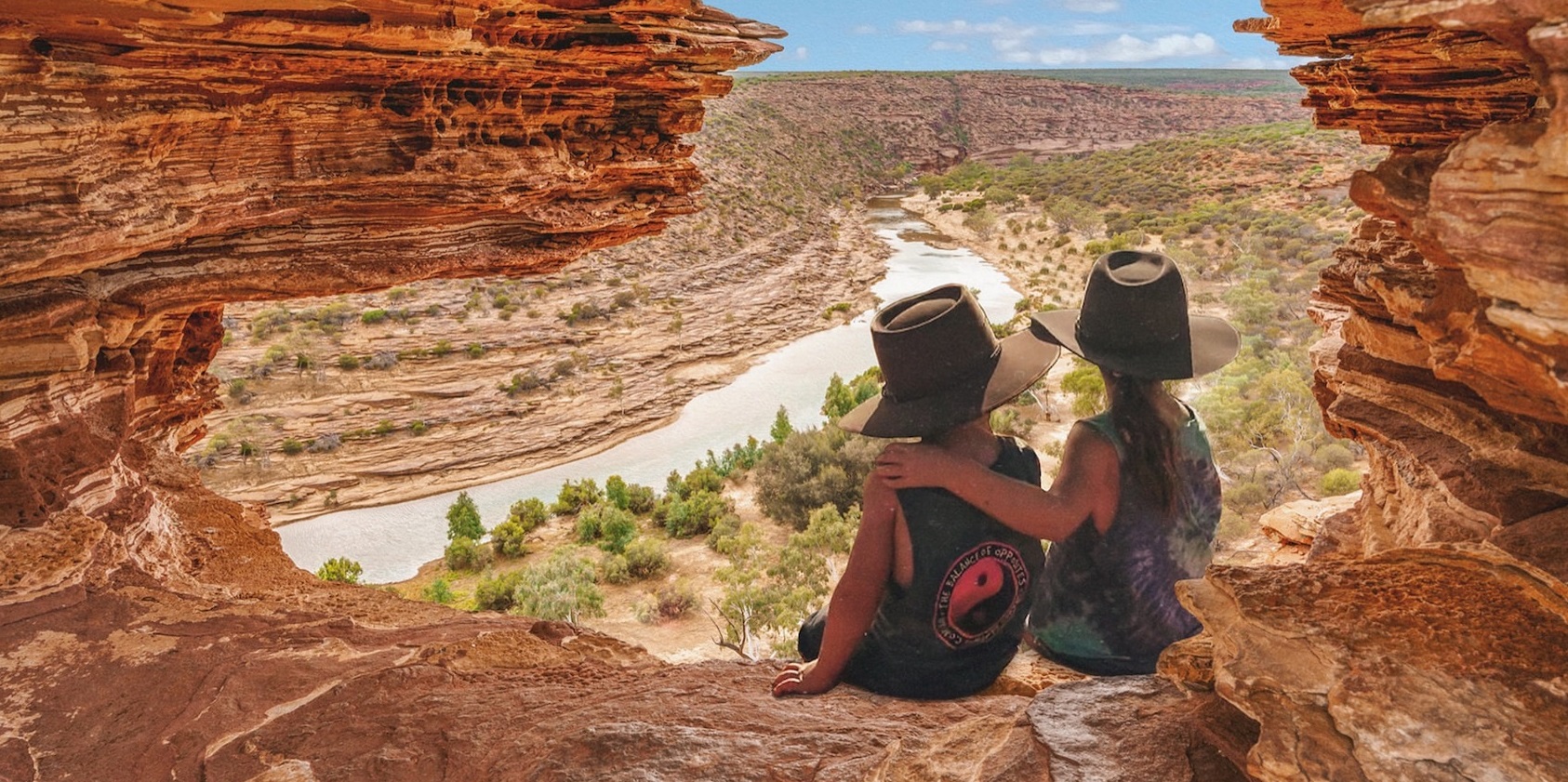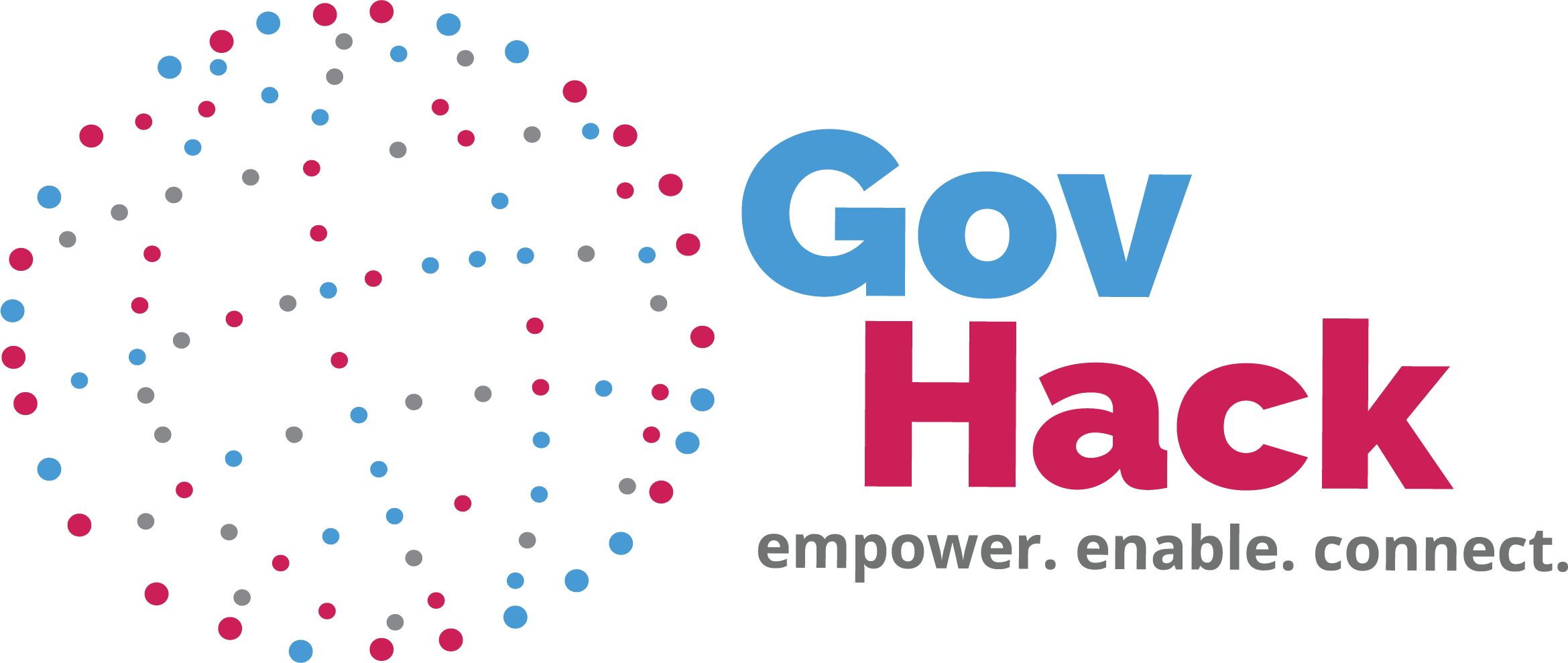
Using Open Data to Close the Gap
Jurisdiction: Western Australia
How can we improve the data and information sharing practices between governments and Aboriginal and Torres Strait Islander communities and organisations to Close the Gap?
The Close the Gap Campaign aims to close the health and life expectancy gap between Aboriginal and Torres Strait Islander peoples and non-Indigenous Australians within a generation. Closing the Gap acknowledges the ongoing strength and resilience of Aboriginal and Torres Strait Islander people in sustaining the world’s oldest living cultures.
It is the story of a collective journey – a shared commitment to empower Aboriginal and Torres Strait Islander people to live healthy and prosperous lives.
To accelerate improvements in life outcomes - programs and services need to be designed, developed and implemented in partnership with Aboriginal and Torres Strait Islander people. Aboriginal and Torres Strait Islander people have called for a community-led, strengths-based approach, one that values their experience.
Closing the Gap is underpinned by the belief that when Aboriginal and Torres Strait Islander people have a genuine say in the design and delivery of policies, programs and services that affect them, better life outcomes are achieved. It also recognises that structural change in the way governments work with Aboriginal and Torres Strait Islander people is needed to close the gap.
There are four priority areas of reform that will enable Closing the Gap. Number Four, relates to shared access to data and information at a regional level, meaning:
• There are partnerships in place between Aboriginal and Torres Strait Islander representatives and government organisations to guide the improved collections, access, management and use of data to inform shared decision-making for the benefit of Aboriginal and Torres Strait Islander people.
• Governments agree to provide Aboriginal and Torres Strait Islander communities and organisations access to the same data and information on which any decisions are made, subject to meeting privacy requirements, and ensuring data security and integrity.
• Governments collect, handle and report data at sufficient levels of disaggregation, and in an accessible and timely way, to empower local Aboriginal and Torres Strait Islander communities to access, use and interpret data for local decision-making.
• Aboriginal and Torres Strait Islander communities and organisations are supported by governments to build capability and expertise in collecting, using and interpreting data in a meaningful way.
This challenge asks you to build a solution to improve the data and information sharing practices between governments and Aboriginal and Torres Strait Islander communities and organisations in order to help Close the Gap.
Ensure your project follows the guidelines for working with Indigenous Knowledge. There are some links to help you in the Additional Information.
Additional Information
Relevant links:
• https://www.closingthegap.gov.au/
• https://ctgreport.niaa.gov.au/
• https://humanrights.gov.au/our-work/aboriginal-and-torres-strait-islander-social-justice/projects/close-gap-indigenous-health
• https://www.pc.gov.au/closing-the-gap-data/annual-data-report/report
• https://www.ipaustralia.gov.au/understanding-ip/indigenous-knowledge-ip/how-to-engage-with-indigenous-knowledge
• https://aifs.gov.au/resources/practice-guides/data-about-and-aboriginal-and-torres-strait-islander-australians#:~:text=One%20of%20the%20uses%2C%20if,about%20Indigenous%20people%20in%20Australia
• https://aiatsis.gov.au/publication/116530#:~:text=Indigenous%20Data%20Sovereignty%20is%20the,peoples%2C%20lands%2C%20and%20resources
Image credit: Photo by Nick Dunn on Unsplash.
Eligibility: Must use at least one Australian dataset.
Entry: Challenge entry is available to all teams in Australia.
